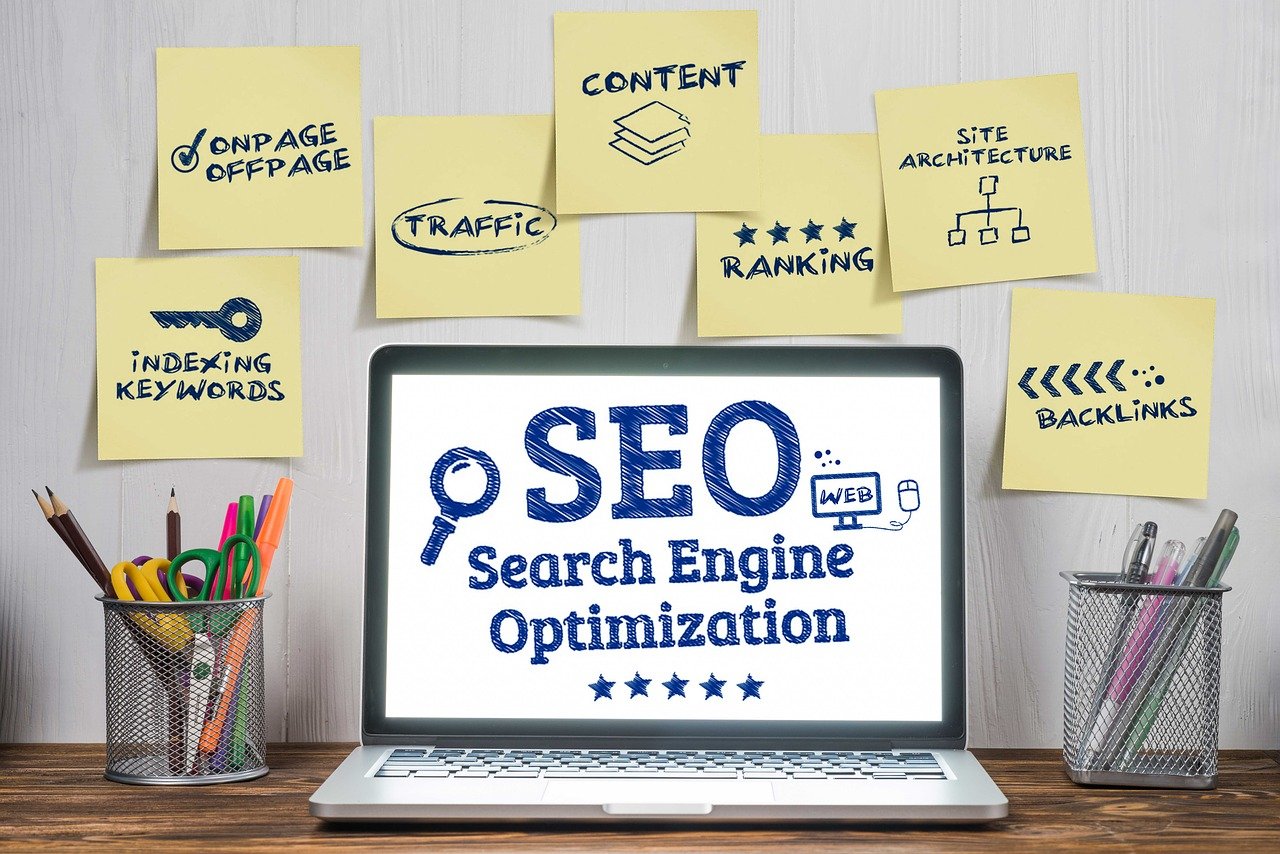Last updated on November 19, 2020
Since the emergence of social media and internet marketing, Search Engine Optimization (SEO) has played a very important role in the overall marketing strategy of a business. To date, the majority of digital marketers make use of SEO to create an online presence for their business and build brand recognition.
To convert website traffic to engagement and sales, there is a need to focus on both global and local SEO. Now, you may ask, what is local SEO, and how is it different from global SEO?
Local SEO is all about focusing on strategies that target local searches. If done correctly, this will ensure your business appears at the top of search results when users are looking for local recommendations. This helps small and medium-sized enterprises to build a customer base and reputation, which in turn will help in evolving their business.
While big and multinational companies can make do with global SEO as their only tool, businesses that focus on local sales need to have their local SEO game strong. By optimizing your website for search engines and social media, you will ensure more user activity and business opportunities.
Why Local SEO Is Important?
Online businesses have a better chance of increasing traffic and sales if their local audience is acquainted with the brand. To ensure that, Local SEO works towards improving online presence, building brand awareness, and initiating engagement among local users.
More than 90 percent of clicks and organic visitors are directed from search engine results, mainly that of Google. In addition, social media advertisements and marketing campaigns contribute towards a significant number of engagements on a business’ page.
As a result, almost half of the associated keywords are focused on local customers and the terms they might be using to look for services. Local SEO companies often strategize their marketing campaigns around this concept to ensure they don’t miss out on the customers geographically near them.
However, using Local SEO effectively comes with its own set of challenges for digital marketers. To deal with these potential issues and come up with innovative solutions, an SEO expert needs to be well-acquainted with the intricacies of Local SEO.
Local SEO – Biggest Challenges & How to Solve Them
Although the challenges in Local SEO are subjective to the type of business and the region it is based in, there are, however, some universal hurdles that come with this field.
1. Lack of Local-specific Pages and Content
A survey by Clutch says that only about 40 percent of online businesses invest in SEO. In such a scenario, it is evident that there is a major lack of local optimization. On many websites, you will be hard-pressed to find localized content and landing pages. Since SEO does not provide immediate results, many businesses choose to overlook it while formulating marketing strategies.

However, most digital marketing experts agree that SEO is one of the most important elements of online marketing and should not be ignored. Lack of targeted local content and pages on your website will lead to the loss of potential sales and customers.
Solution: Here are certain measures that you can take to tackle this issue.
- Include local keywords in the website description, like names of local places and activities.
- Add such keywords in metatags, alt text with images, meta descriptions, and so on.
- Ensure your website has original content in all the pages, as repetition of information may lower search engine precedence.
2. Incorrect Listings and Contact Details
When you are committed to gaining local customers, the information presented on your website must be accurate and verifiable. Often, websites fail to update their services, rates, phone numbers, and addresses regularly. This creates a bad impression on potential customers who are misled by incorrect information.
It is also a good idea to ensure a consistent URL for all your listings and service advertisements. If users keep getting directed to different pages on each click, it will pose as a deterrent to Local SEO.
Solution: Incorrect listings and inconsistent information can be managed by:
- Updating names, addresses, and phone numbers regularly
- Ensuring there are no duplicate listings of your company or product
- Setting different listings to be redirected to the same URL
- Registering your business with Google My Business and other such popular search areas
- Creating different and customized landing pages for each business location
3. Lack of Local Keywords
As you may know, keywords form the crux of SEO. Not just their presence, but also their selection and frequency of occurrence should be regulated wisely. Many SEO companies focus mainly on the global aspect of SEO and neglect to add localized keywords for searches.
For example, if you have a business selling carpets in New York, keywords and phrases like “carpet seller in New York” and “buy carpets in New York” may prove to be more effective than simply using “carpet business” or “carpet store in America” as target keywords. Failing to recognize these needs leads to a loss of local customers.
Solution: Localized keywords can be optimized in the following ways:
- Adding keywords that a local customer will use to search for a service
- Implementing localized keywords and references in your content naturally
- Utilizing Latent Semantic Indexing (LSI) or associated keywords instead of repeating the focus keyword multiple times
- Concentrating on the keyword density and preventing overstuffing
4. Little or No Social Media Presence
You may think Local SEO is only related to website optimization, but that is not the case. Social media plays a very important role in user recommendations and may make or break the reputation of your business. It is your only savior when it comes to competing with heavily funded listings.
Hiring an expert in Local SEO ensures that your marketing strategies are targeted to ultimately drive up organic engagement on your page. Since your ultimate goal is generating revenue, the local aspect of sales must not be ignored.

Solution: Creating a genuine social media presence involves several steps.
- Follow the marketing guidelines provided by social media sites like Facebook and Twitter.
- Keep your social media pages active and engaging.
- Drive-up local engagement by carrying out online campaigns.
- Seek the help of an SEO analyst to understand the requirements of local customers.
- Collaborate with influencers to increase brand visibility and recognition.
5. Lack of Genuine Citations and Reviews
Local citations and organic reviews vastly influence search engine rankings. If your business is associated with misdirecting citations and negative reviews, you will lose both customers and reputation.
Solution: To overcome this challenge:
- Cultivate citation sources for your local business through networking.
- Include authoritative content, links, and keywords on your website.
- Address negative reviews and strive to turn them into positive ones.
- Build a good reputation over social media and search results.
Conclusion
Local SEO is a tricky area to master, but it can revolutionize your business and profit percentages. If you have a local business, it might be the only marketing strategy you need. To ensure you have a locally optimized website, abide by our tips and solutions for the best long-term results.




